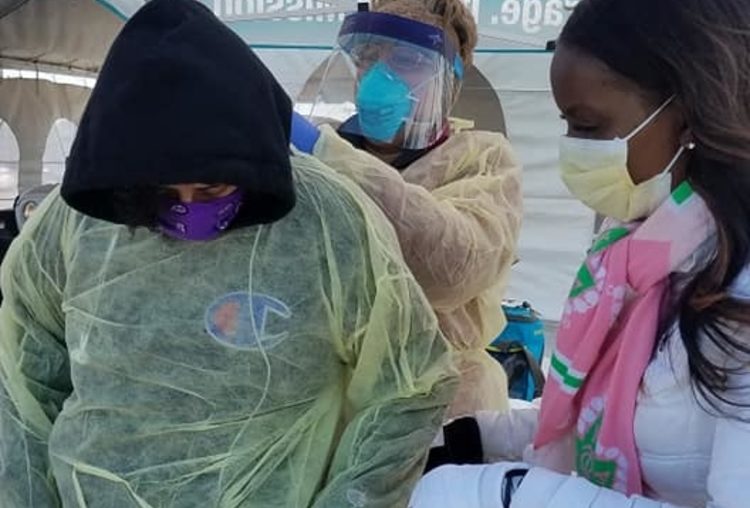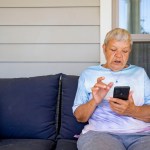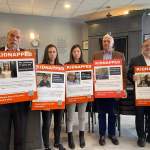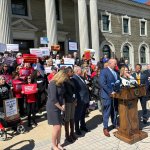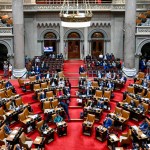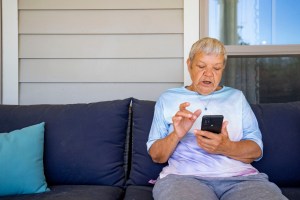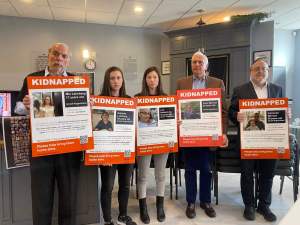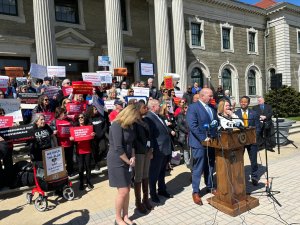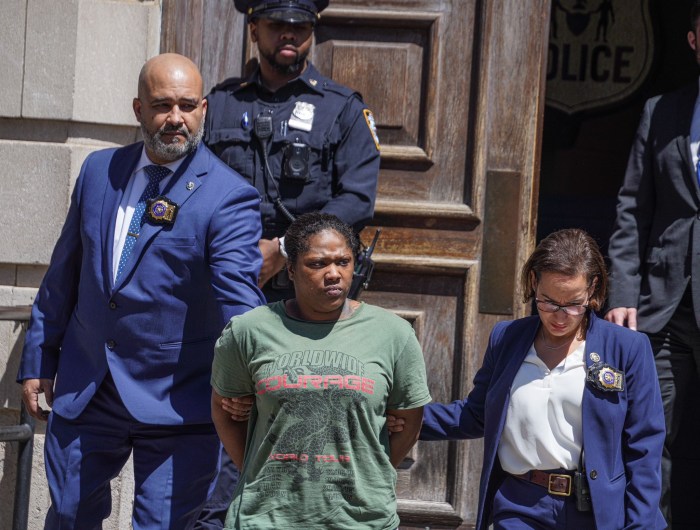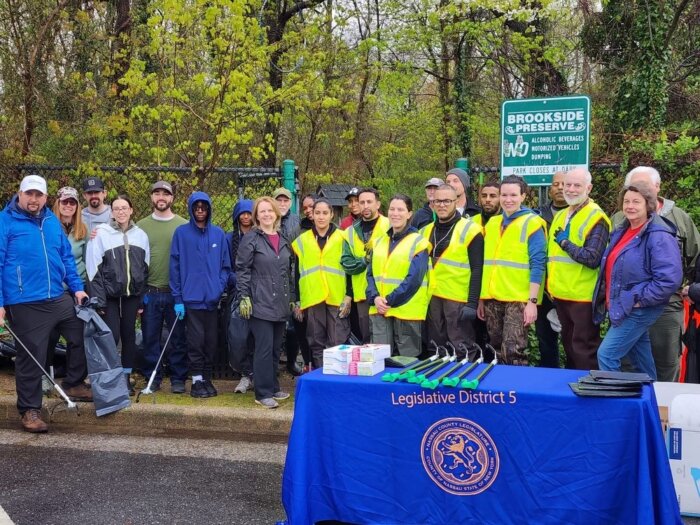Vanessa Baird-Streeter, the last member of Suffolk County Executive Steve Bellone’s administration still working from its Hauppauge office during the coronavirus pandemic’s peak, recently learned that she tested positive for COVID-19 antibodies.
Her test results come after she was promoted to deputy county executive for community recovery, a job in which she’s tasked with helping Suffolk residents cope with a coronavirus diagnosis and the ensuing economic hardship.
“I was really perplexed and shocked,” Baird-Streeter says, noting that she has a high level of antibodies. “I might have had a slight headache one day but it went away very quickly … I was really asymptomatic.”
Two of Bellone’s senior aides were previously diagnosed with COVID-19. The county executive and most of his team had to be quarantined for two weeks after coming in contact with the diagnosed aides, but Baird-Streeter didn’t have to isolate herself since her office is on the other side of the building.
For Baird-Streeter — the first African-American woman to be named a deputy Suffolk County executive — the test results prove the importance of wearing personal protective equipment (PPE), since she had no idea at the time that she could have been spreading the virus, were she not following the proper safety protocols.
Emphasizing the preventative value of PPE is among the messages she has been focusing on at the county’s hot-spot testing sites in Huntington, Brentwood, Riverhead, Amityville, Coram, and her hometown of Wyandanch.
“When we first saw our first cases of people with COVID-19, it was very far out east,” she says. “We saw very quickly that there was an exponential increase in communities of color.”
Anyone tested at the hot-spot sites is given a packet with instructions on what to do if diagnosed, such as self-isolate, clean shared bathrooms after each use, and take their temperature twice daily.
“Access to health information is just as important as testing,” she says. “People had anxiety based on going to get tested for COVID. You could actually see it in their faces.”
The education campaign helped lower the infection rates in the hot-spot communities to more on par with the rest of the county, she says.
For those diagnosed, the county works with HRH Care Center, a federally qualified healthcare provider that offers providers for those not connected to a doctor, whether the patient is insured or not. She’s also exploring telehealth options with the county’s Office of Minority Health.
Other community-based health initiatives Baird-Streeter has overseen include ensuring the migrant farmer community on the East End has access to PPE, having a cardiologist’s bus-based mobile office visit Bellport, coordinating with food banks, and having 311 operators stay on the line when they transfer callers to service providers to ensure a connection is made.
Of course, since the county’s unemployment rate skyrocketed from 4.1 percent in March to 16.4 percent in April as a result of the coronavirus shutdown, local businesses have also been a focus of hers.
On the economic side, she has been working with local leaders to modify the phased reopening when necessary, reimagining what access to job training will look like in a virtual format, and launching a new virtual job board for those seeking employment. As for employers, she’s been helping small businesses get PPE, loans, and other resources.
“At the end of the day, we’re all affected by this virus and we all need to work together to move forward and recover from the effects of the coronavirus,” she says.
And given her experience, the mission is personal.
“I did have people that were close to me that were very much affected by the coronavirus,” she says, noting that a good friend was hospitalized for five weeks and another friend’s wife succumbed to the virus. “When I saw people try to call it a hoax or say it’s fake news … it was very troubling to me because I have firsthand knowledge of what the virus can do to you.”



